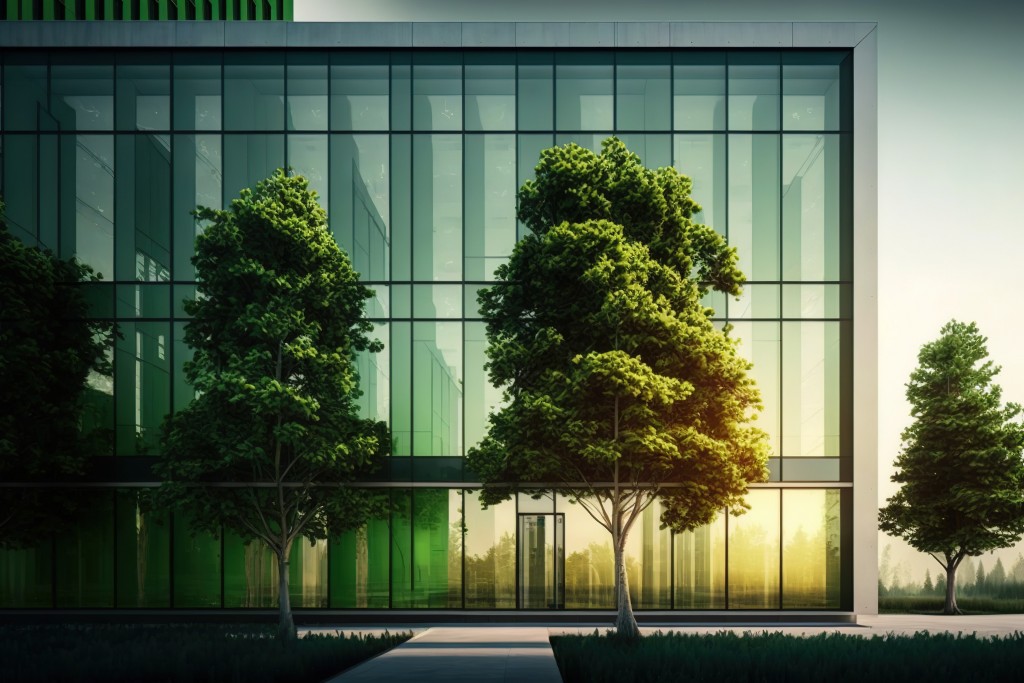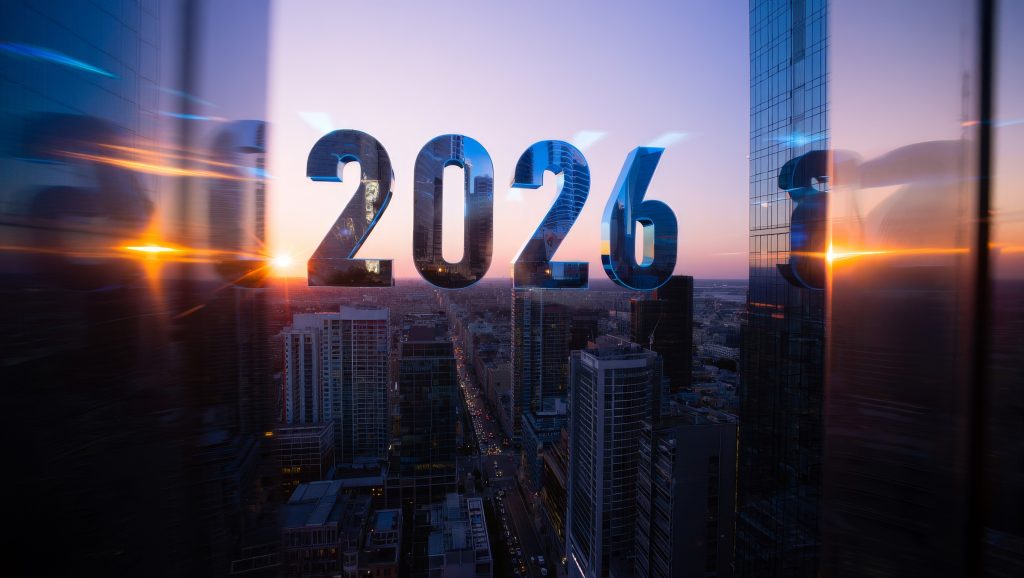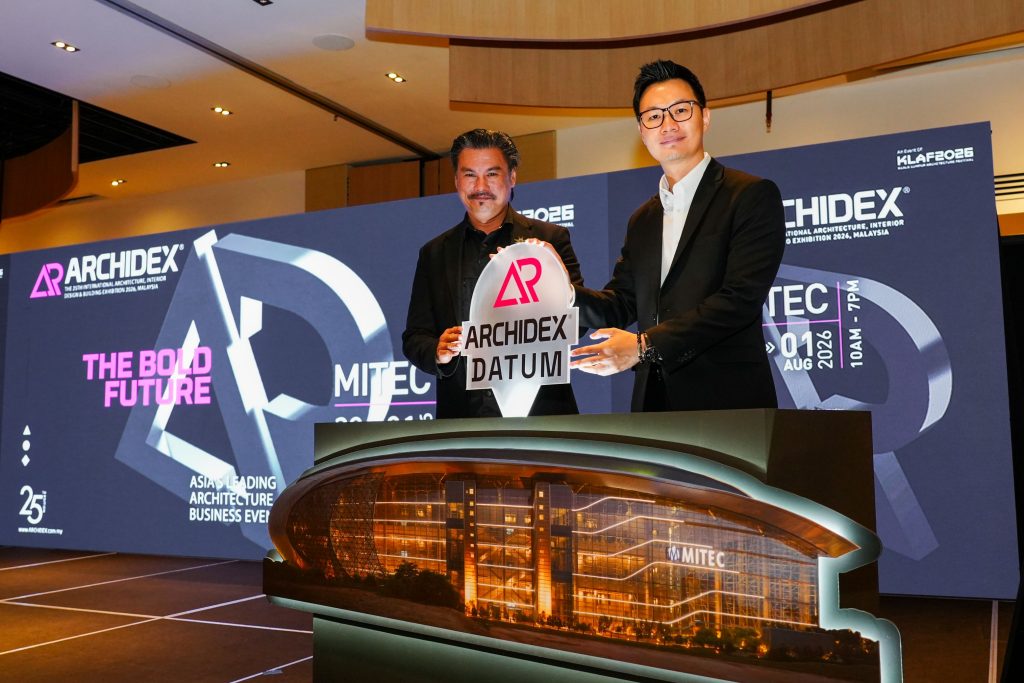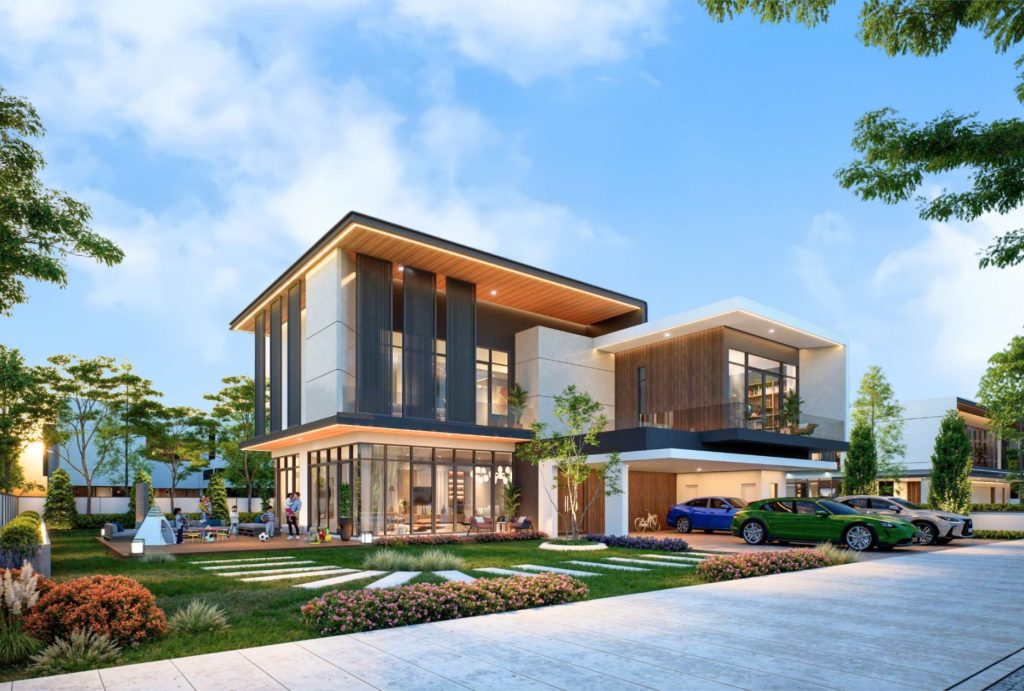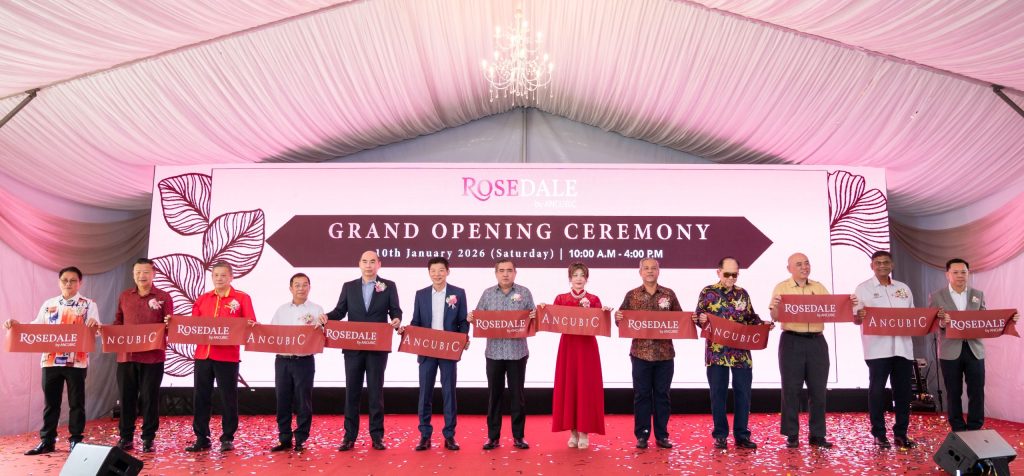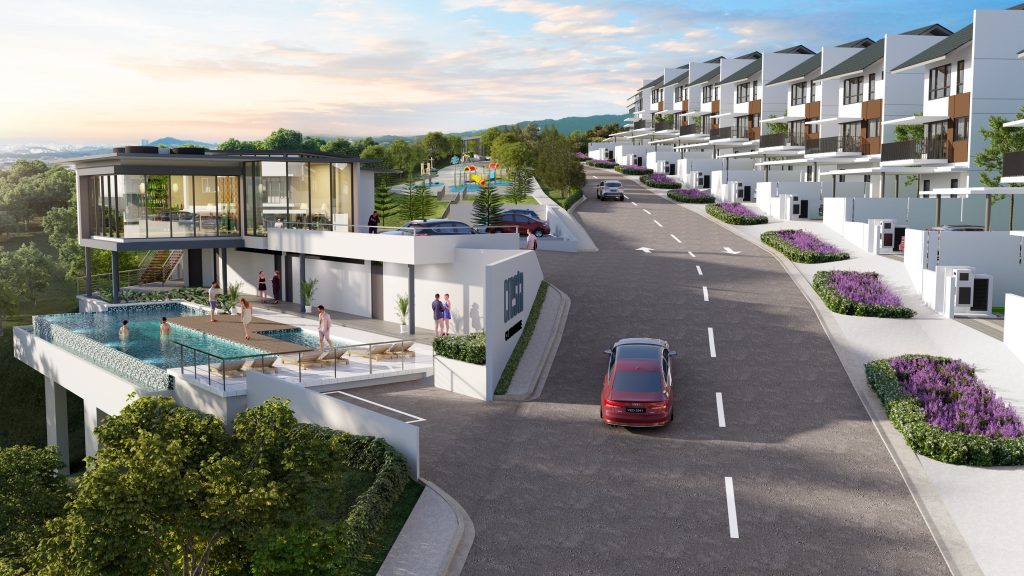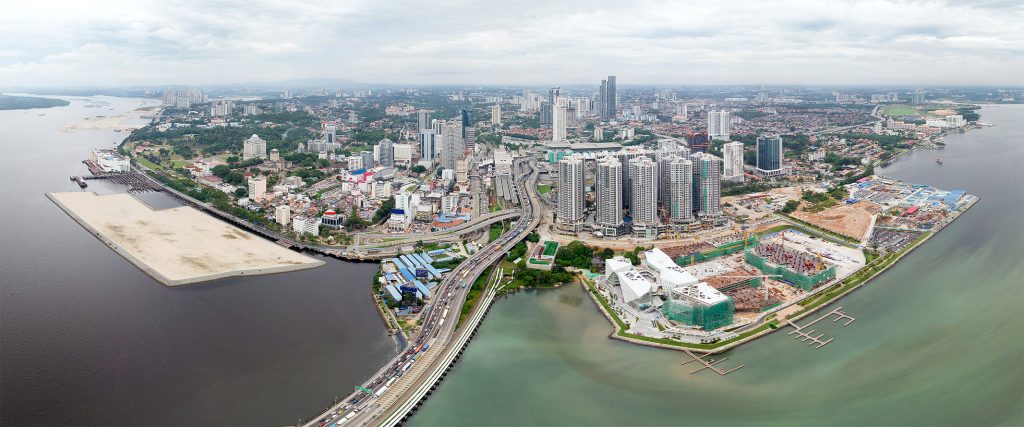Governments, banks and developers can work together to make green housing affordable
By: Yip Wai Fong
Developers have called for the government to incentivise the property industry towards greener housing developments in line with the low-carbon nation agenda by 2040. While the industry is currently undertaking various initiatives such as green building certification, low carbon township certification and installing renewable energy infrastructure in developments on a voluntary basis, the cost incurred remains a stumbling block against wider industry participation.
During the StarProperty Budget 2024 Roundtable discussion, developers have shared that there is a lack of government incentives to spur both the demand and the supply side towards green housing products. But in spite of the situation, the industry has taken it upon itself to embark on initiatives such as green building certification, Industrialised Building System (IBS), carbon sequestration, using green construction materials, installing solar panels in housing developments, etc. Developers said the end consumers stand to benefit from the energy cost-saving and healthier surroundings, but at the moment they consist of the people who can afford such housing products.
Left out of Green Technology Tax Incentives
To illustrate, there are two tracks under the Green Technology Tax Incentive introduced in 2014 under the Ministry of Natural Resources, Environment and Climate Change where property developers would have qualified. The first track, Green Investment Tax Allowance Assets, is for companies which undertake capital expenditure for acquisition and application of assets such as solar panels, energy-saving lighting, EV chargers and rainwater harvesting systems. But to qualify, the companies must also be the owners of the assets. A property developer is effectively pushed out of the incentive as it will eventually transfer the building ownership and its assets to purchasers after having installed the assets.
The second track, Green Investment Tax Allowance Project, is for companies that undertake qualifying green technology projects for business, including obtaining a green building certification. However, the company must be the building owner and the building must be a commercial or industrial property. This effectively disqualifies residential projects which make up the majority of the country’s property construction activities.
Balancing the environment and affordability
Real Estate and Housing Developers' Association (Rehda) president Datuk NK Tong said that developers have to keep in mind that housing affordability is part of the framework of environment, social and governance (ESG), to which many developers have committed. He said that while constructing a green building and fitting green technology such as solar panels and EV chargers into the building fulfils the E, making the property affordable fulfils the S. In order to find the balance between fulfilling the environmental and social needs, developers should be allowed flexibility to decide how green their development should be.
Gamuda Land chief operating officer Wong Siew Lee said that while the developer has undertaken several green-certified development projects including low-carbon townships, only a limited segment of homebuyers can afford houses with such green premiums. She said the benefits of a green development, particularly the higher energy efficiency, should be made accessible to more types of homebuyers, especially the B40 and the M40.
Interestingly, the authorities, or at least the predecessor to the current unity government are cognisant of the need to make green housing affordable, but it and the successive government stopped short of creating an incentive program for green housing products. In his special keynote address at the “Developing and Financing Green Housing in Asia” conference hosted by the National Mortgage Corporation (Cagamas Bhd) in 2022, then Finance Minister Tengku Datuk Seri Zafrul Aziz raised the concern that the shift towards sustainable practices in real estate might end up deepening societal inequity. Tengku Zafrul is now the International Trade and Industry Minister.
“Note that whether they are tax incentives, private sector initiatives, or financing and investment facilities, what is key is to ensure that the transition towards sustainability will not disenfranchise the poor, or systematically exclude the micro-SMEs,” he said.“If a ‘greener’ house is on the market, is it financially accessible to lower-income buyers? If compliance costs are too high, small and micro businesses may eventually be pushed out of the market.”
Cross-subsidy by banks
Other than the governments, developers also hoped that the financial institutions would join hands through a mechanism of cross-subsidy.
Wong said that currently there are only a handful of banks supporting green housing projects by offering a slightly lower financing rate and she hoped that more banks would come on board and offer more attractive packages.
Sime Darby Property group managing director Datuk Azmir Merican also noted that some participating banks that offer the package stipulated a certain minimum green rating level for developments, which can be quite high.
The low number of participating banks possibly correlates to the relatively low number of green-certified housing developments compared to the total volume of developments in the country. For reference, the residential developments registered on both Malaysia’s Green Building Index and GreenRE combined as of August 2023 are 1,385. Meanwhile, the number of Advertising Permit and Developer’s License (APDL) issued (including renewals) for last year alone (until September) was already at 1,722.
Nevertheless, there is much more that the banking sector can do to accelerate the accessibility of green housing for the wider society. Speaking at the same conference as Tengku Zafrul, Bank Negara deputy governor Datuk Jessica Chew Cheng Lian suggested several approaches.
“For example, current financing activities are largely focused on the end consumer, which is just one part of the housing value chain. The incorporation of green considerations in funding extended to developers and those involved in construction activities such as engineers and raw material suppliers remains largely untapped, and can help offset or spread over time the generally high upfront costs associated with green buildings,” she said.
“Protection products, such as green housing insurance, also remain an unexplored market in Malaysia despite the steadily increasing number of green buildings in the country. Within existing product offerings, novel features such as additional protection for non-certified green buildings to rebuild in green when damage occurs, could also be explored,” she added.
Acknowledging that affordability is a challenge to home ownership, Datuk Liew said that financial institutions have to rise to the challenge by developing solutions that will not worsen the conditions and are able to steer the market towards a just and orderly transition.
Incorporating sustainability in the nation’s housing agenda should not be left to the market forces alone, as has been the case thus far. As the net-zero carbon goal is a universal one, no one should be left behind to unwittingly continue the unsustainable ways of life.
Developers recommendations
- Sustainability financing – widen the scope of the existing project investment tax allowance to the developer of residential and strata commercial titled buildings. On the end-financing side, more banks should participate by offering attractive financing packages to purchasers of green developments.
- Green Certification Incentive - tax incentive for constructing green-certified development for all types of buildings, stamp duty exemption for purchasers of green-certified buildings.
- Excise duty and sales tax exemption for all green-labelled/certified building materials.
- Renewable Energy (RE) Infrastructure - improved access to renewable energy installations/infrastructures, making RE installations more accessible to developers.
- The government to offer more structured incentives for developers adopting IBS in construction, green initiatives and building materials in order to support green building development in Malaysia.
- Allow incentives for developers who install solar panels to their product offerings, especially residential products, in the effort to promote sustainability.
Quotes from the roundtable
"As far as we know, incentives are only for the manufacturing sector, for the start-up companies. For us, (we do the) installation, (and) we don’t get anything. What we’ve mentioned here are monetary-(based), but we can also look at non-monetary incentives such as expediting approval processes for those who are constructing green buildings. It is a form of encouragement for the developers, and as a start to cultivate the habit towards (developing green projects) a norm." - Wong Siew Lee
“We are encouraging green certification but it’s on a voluntary basis. From Rehda’s point of view, there’s ESG, (and) a lot of the green is on the E. But we must remember the whole ESG, and the S, which is the Social, is (whether) can the people afford it? For example, how many EV charging stations, if it’s imposed on every project, for some projects can the (buyer) even afford an EV? Solar panels. Do we allow people to install it or do we expect or enforce for all houses to have it? It is a question of whether people can afford it. So when we look at the E, we should also look at the totality of the ESG. So in some cases it may be better to be on a voluntary basis where they can afford it.” - Datuk NK Tong
Banks in Malaysia that offer financing for purchase of green building certified housing development as of 2023
Alliance Bank
Ambank
OCBC Malaysia
Public Bank
Standard Chartered Bank Malaysia
Stay ahead of the crowd and enjoy fresh insights on real estate, property development, and lifestyle trends when you subscribe to our newsletter and follow us on social media.

